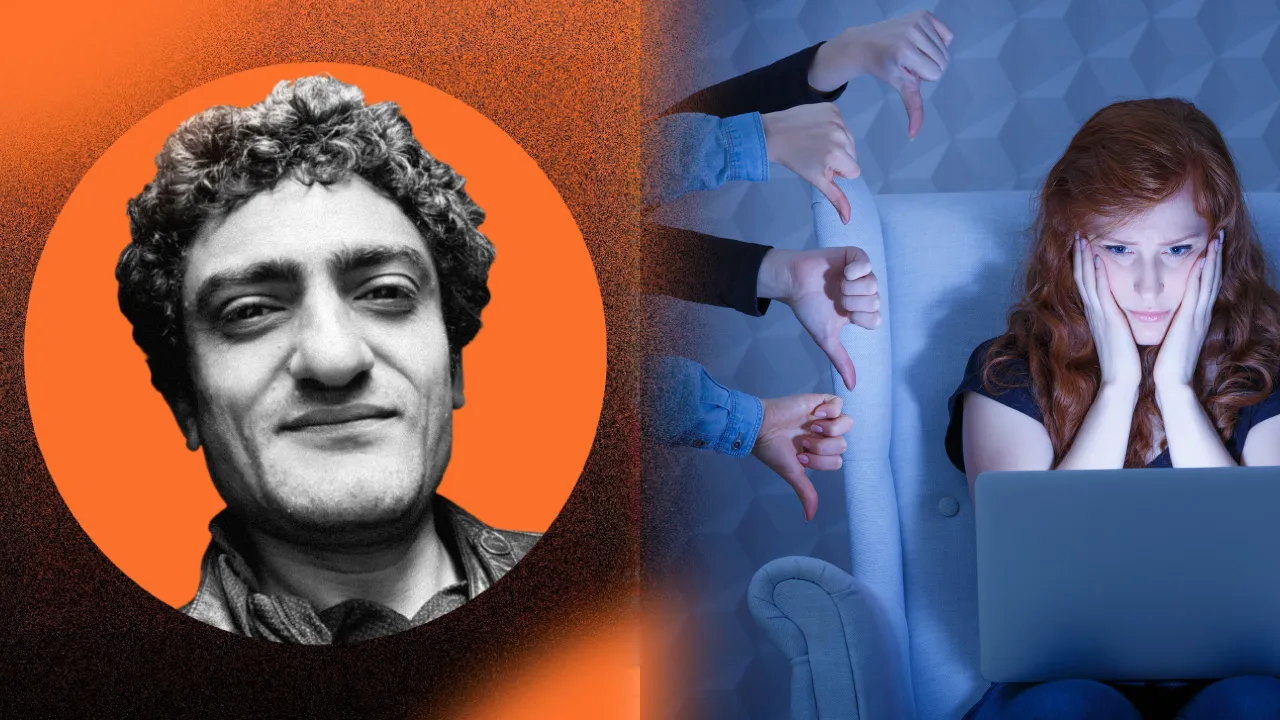Ten years ago, Ghonim used Facebook to spark a revolution in Egypt. This week, he discusses social media’s evolution since then.
OneZero is partnering with the Big Technology Podcast from Alex Kantrowitz to bring readers exclusive access to interview transcripts — edited for length and clarity — with notable figures in and around the tech industry.
_To subscribe to the podcast and hear the interview for yourself, you can check it out on Apple, Spotify, or _wherever you get your podcasts.
In
2011, Wael Ghonim created a Facebook page that sparked the overthrow of the Egyptian regime. Since then, the former Google marketing director has kept a close eye on social media’s evolution and has plenty to say about where it’s gone wrong and how it can get better. Ten years after Cairo residents painted “Facebook” on walls after the revolution, Ghonim stops by Big Technology Podcast to revisit what happened and where we go from here.
Alex Kantrowitz: You were working for Google as a head of marketing in the Middle East in 2011. Then the Egyptian regime killed a man, Khaled Saeed, and you created a Facebook page, “We Are All Khaled Saeed,” which eventually led to the overthrow of the regime. Can you take us back to that moment?
Wael Ghonim: Well, it was basically a moment of frustration. I’m someone who was born in 1980, and since I was one year old, since I was coming into life, there was only one president that runs the country, and the ruling party was getting old in their position of power. It had been 30 years at that time. Unfortunately, the way the country runs has not been ideal in the perspective of a lot of people, especially young people, who were exposed to the global phenomena, who got together on the internet. The event of Khaled Saeed happened and the response that came from the government about his case was basically a denial saying, “No, he did not die from being beaten up by police officers. He just swallowed some drugs, and that’s what basically caused him to die.”
When that happened, I started a page. My idea at that time was not to start any kind of massive unrest or any kind of massive revolutions or anything. It was as simple as I know how to communicate, I learned how to communicate, I have a background in engineering as well as a masters in business administration and a lot of experience in the street. People like me should be doing something about the environment, so I was trying to raise awareness about police brutality, human rights violations, calling for democracy in Egypt. All of that was happening in the realm between 2010 and for months until 2011 happened.
Just to give people perspective on the numbers — after three days of creating that Facebook page, about 100,000 people were on it. When the revolution started, the page had about 400,000–500,000 members, and at that time, in 2011, that was a huge number for a page that has some sort of a political agenda. At that time, because of my frustration and because of my desire to do something, I just decided to take a bit of a risk by operating this page anonymously. It was not a full risk. It was an anonymous management of the page.
The way events unfold is not about moments actually. No. We try as journalists or we try as people who write books or as people who try to understand experiences to come up with some sort of an analysis of what happened, but most of the time, there is a butterfly effect, the trailing effect for all the events, so it was not just Khaled Saeed that triggered everything. I did not join politics just because he died. You know what I mean? It’s mostly just general observation, frustration, anger that eventually gets manifested when an event like what happened to Khaled Saeed happens. Then, as we grew and as people were together when the events in Tunisia happened, I had a change of my own internal faith towards whether we should or should we not do something in the streets. Not that I’m the one who holds the key.
#technology #arab-spring #big-technology #culture #social-media
